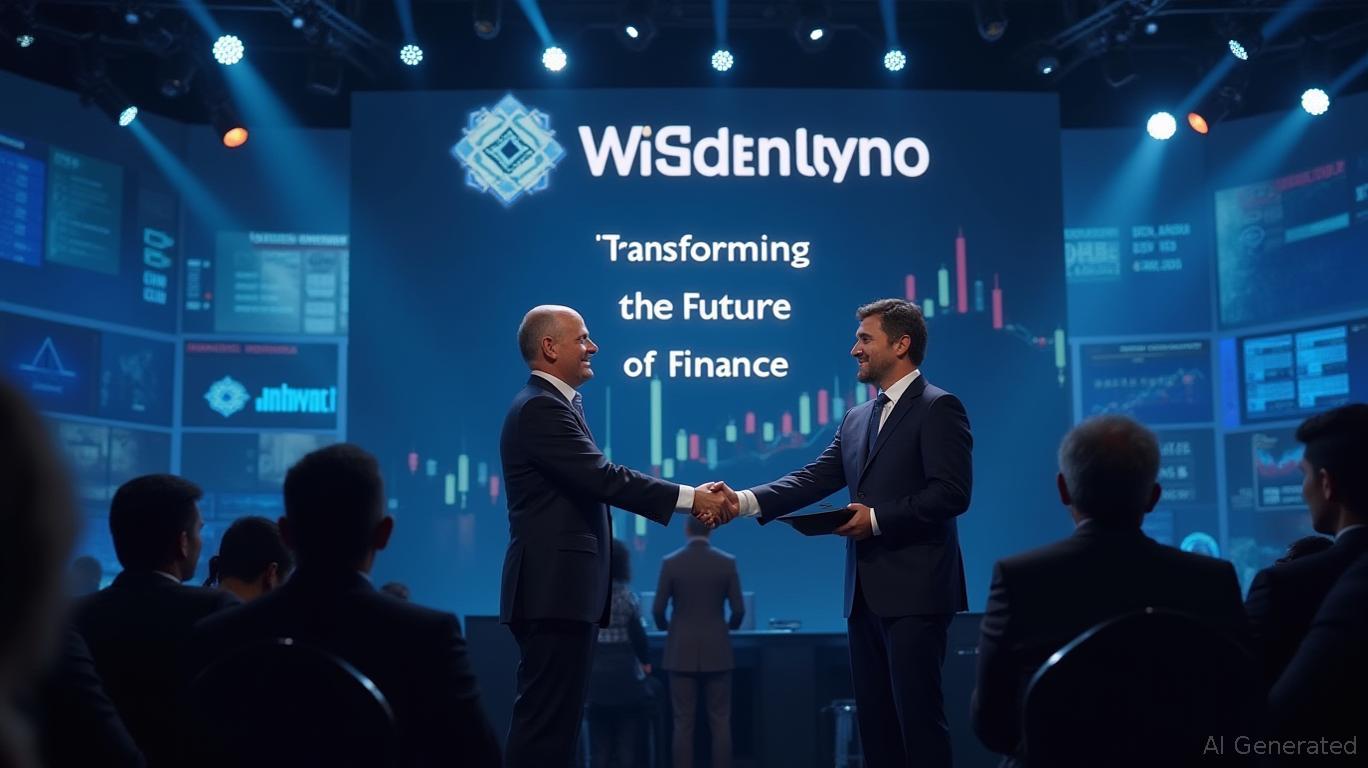The Misleading Dilemma: How Instant Technology Brings Together Privacy and Protection
- Malaysia’s MCMC collaborates with tech giants to implement eKYC protocols for under-16s, prioritizing privacy under data protection laws. - Traditional document-based verification risks data breaches, with 2025 IBM report citing $4.4M average breach costs. - Privacy-first solutions like real-time biometrics verify identity without storing sensitive data, aligning with KYC/AML standards. - Global challenges include $2T annual money laundering and $10B U.S. costs from underage social media access, driving
The Dilemma of Age Verification and Privacy: How Document Uploads Backfire—and What Solutions Are Emerging Globally
The struggle to find equilibrium between privacy and security in digital identity checks has intensified, as regulators, companies, and users debate how to ensure safety without sacrificing personal data. Central to this issue is the increasing use of document uploads for age verification—a method critics say puts private information at risk and doesn’t effectively counter modern fraud. In response, governments and technology companies are piloting new approaches that safeguard privacy while maintaining robust security.

Malaysia is taking the initiative on this front. The Malaysian Communications and Multimedia Commission (MCMC) has revealed plans to consult with
Still, relying on documents for verification brings significant dangers. Traditional processes—like uploading identification or answering security questions—concentrate sensitive information, making breaches more likely. According to a 2025 IBM study, the typical data breach now costs $4.4 million, highlighting the steep financial and reputational risks. Users are caught in a bind: strict checks can prevent fraud but undermine confidence, while weaker controls open the door to misuse.
Privacy-centric alternatives are now gaining traction. Rhon Daguro, CEO of AuthID, suggests that the supposed trade-off between privacy and security can be overcome with tools such as live biometric authentication. Unlike document uploads, these systems use a “verify,
The need for these advancements is pressing. The United Nations estimates that $2 trillion is laundered globally each year, much of it enabled by inadequate digital verification. In the U.S. alone, underage access to social media and financial tools is a $10 billion issue, based on 2023 FTC figures. By embracing privacy-focused systems, organizations can satisfy regulatory requirements and build user trust—an essential goal as governments worldwide strengthen age-check laws to safeguard children.
Moving forward, cooperation is essential. Malaysia’s MCMC talks highlight the necessity for regulators and platforms to synchronize technical and legal frameworks. For individuals, the takeaway is clear: privacy and security are not opposing forces, but rather, they work together to create a safer digital environment.
Disclaimer: The content of this article solely reflects the author's opinion and does not represent the platform in any capacity. This article is not intended to serve as a reference for making investment decisions.
You may also like
Blockchain Connects Conventional and Onchain Finance as BNY and WisdomTree Introduce Tokenized Asset Platform
- WisdomTree partners with BNY Mellon to integrate blockchain into its digital asset platform, enabling tokenized real-world assets (RWAs) and stablecoin conversions. - The collaboration marks BNY's first retail BaaS client, offering onchain users access to tokenized gold, funds, and cross-asset blockchain transfers via USDC/PYUSD onramps. - BNY leverages its custodial expertise and $57.8T AUM to bridge traditional banking with blockchain, supporting WisdomTree's $600M tokenized fund and Ripple stablecoin

Solana News Update: BlockDAG Surges Ahead of Competitors as $0.0015 TGE Approaches
- BlockDAG's $0.0015 TGE nears closure as its $430M presale outpaces 2025 crypto rivals like Pepenode and XRP Tundra. - A major Solana whale invested six figures in BDAG tokens, signaling institutional confidence ahead of November 26's Genesis Day. - Strategic partnerships including Formula 1 sponsorship and 20,000+ physical miners boost credibility, with 15,000 TPS capacity surpassing Mantle's execution speed. - TGE code offers ranked airdrops (Ranks 1-300 get instant allocations), with post-presale price

Ethereum Updates Today: Bitcoin Withdrawals Ignite Altcoin Rally: ETFs and Advancements Transform the Battle for Dominance
- Bitcoin faces $946M outflows as Ethereum and BlockDAG gain traction, with ETH ETFs adding $14.49B in cumulative inflows. - BlockDAG's $433M presale and 1,400 TPS testnet performance highlight its hybrid blockchain model competing with Bitcoin's scalability limitations. - XRP sees 30% surge in futures open interest to $4.51B, fueled by speculative bets on potential ETF approvals and $100 price targets. - Market polarization continues as Ethereum stabilizes above $3,750 and BlockDAG attracts 312,000 holder

Solana News Update: Institutional Embrace Drives Altcoin ETF Boom: Solana, Litecoin, and Stellar at the Forefront of Revival
- Altcoin ETFs surge as Solana, Litecoin, and Stellar gain institutional traction amid regulatory clarity and staking demand. - Bitwise's $223M BSOL ETF and REX-Osprey's $400M SSK highlight Solana's scalability, with 7% staking yields and $15.6B stablecoin growth. - Litecoin's $400M LTCC ETF marks a "watershed" for on-chain commerce, while JPMorgan forecasts $3-6B inflows for Solana/XRP ETFs in six months. - Stellar advances via cross-border partnerships and enterprise use cases, positioning altcoins as ke
